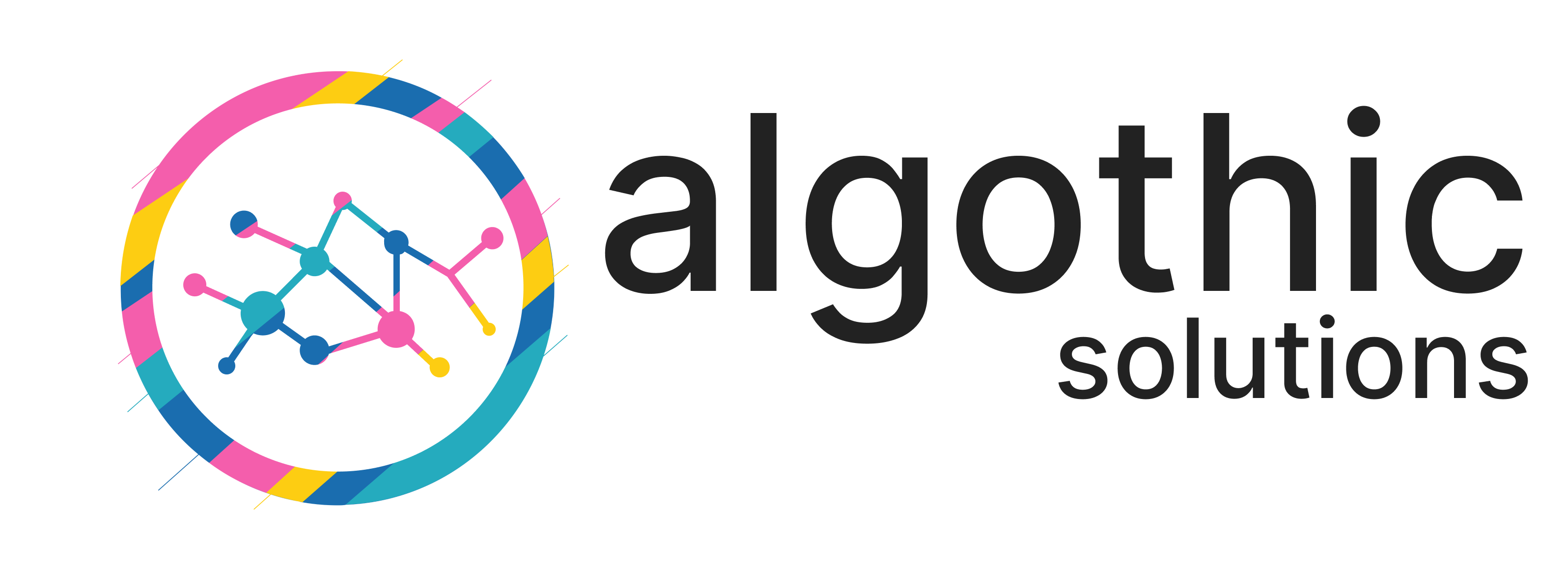All stories of failed vendor-client software development relationships are similar. On the other hand, every successful collaboration is unique.
The reasons for failure could include issues with communication, language and culture barriers, or lack of understanding of the business and technical requirements by the vendor.
While successful projects have more varied stories, however, that success is usually built on a variety of components that lead to successful partnership between the vendor team and the client. Let’s take a look at those components, and then we’ll show you how to determine whether a partnership with a particular vendor is likely to be successful.
The Mindset: “Not Failure” or “Success”
Let’s start with two distinct approaches, or goals, a vendor might bring into the relationship: “Not Failure” and “Success.” This is how the two approaches would look like in a visual form, if we were to take an example of a restaurant.
Here, the "Not Failure” approach includes the bare minimum—some mandatory conditions the process and solution must meet. Meeting them means the project is not a failure, but does it really indicate success? No. “Success” takes the whole project a step farther, adding non-compulsory conditions that will increase the chances of a truly successful experience — one that not only achieves the bare minimum but goes above and beyond to satisfy or exceed the clients’ expectations.
By understanding a potential vendor’s approach to the software development process — especially in considering the integrated team model — we can see whether the vendor relationship is likely to be successful based on their preference to either avoid failure or truly achieve success.
Project Management Tools
Almost every vendor nowadays uses project management and planning tools. These could be commercial tools such as Jira, Redmine, Asana, or Trello, etc., or they could be internally created project roadmaps. These tools are used to reduce delays and risks, and it is impossible to imagine project work without these tools. But the simple fact that a vendor uses a project management tool doesn’t mean the vendor has a success mindset. What matters is how the tools are used.
Delays are fairly common as a project progresses, usually caused by unforeseen obstacles. When a vendor simply uses its project management tools to note those delays, that’s a “Not Failure” mindset. But when the vendor uses those tools to uncover reasons behind delays, overcome obstacles, adjust roadmaps, and ensure the developers and client are still on the same page, that indicates a success mindset.
The only ways to tell whether a team will implement these tools effectively are to look at their history of successful implementation of such tools on previous projects and to ask them to show you how they use the tools today. For example, the client does not need a huge list of specific tasks and deadlines in order to understand the big picture. Those are critical for the developer, but what the client requires is a visual depiction of targets as a whole. A quality vendor knows how to set up roadmaps in such a way that any stakeholder could understand the high-level overview and the current status of the project within a few minutes, as well as the specific short-term targets.
Technical Expertise
These days, many companies offering software development services place the emphasis on the high quality of their engineers. So how can a potential client be sure they’re really getting a quality team who will really provide solutions and not create additional problems?
Having technical expertise alone is part of the “Not Failure” mindset. Everyone vendor on the market likely has technical expertise, but savvy customers are looking for more. Developers who take a success-centric approach will offer not only their technical skills their decision making expertise regarding the right technologies and strategies required to achieve the desired business results. For example, the developer needs to be able to explain the pros and cons of different languages for the project at hand and outline which characteristics should be taken into account for the long-term planning. Implementation is important of course, but to be truly successful, a vendor must also be a strategic partner for its clients.
Sprints
Every client’s project is special and complicated, requiring business analysis and a great deal of decision making. All this might fuel concerns that a team that isn’t composed of full-time employees — with the same loyalty to the company and basic proximity to its leadership — might not be able to get the job done.
So, what do vendors offer to ease these concerns? Sprints.
The method of breaking down the development process into two-week sprints — with regular communication during the sprint and formal updates before and after each — is common practice. If a team is not prepared to work in sprints, that’s a clear red flag for a potential customer.
Many vendors with true success mindsets have introduced weekly sprints, as well. These weekly sprints are particularly useful during complex parts of the project, such as integrating the client and vendor teams, though they may be used for the duration of the lifecycle. Weekly sprints are harder to implement, as they mean additional strain for the teams. But they do provide better visibility into progress toward goals and any challenges that may appear, allowing teams to start on working on improvements before those challenges become thorny obstacles.
Demos
Regular demos are another tool that can be used for accountability and effectiveness. Demos are used to visualize what has been accomplished during each sprint so that the client has full transparency into the project’s development.
Demos can be adapted to address both business and technical stakeholders, whose questions and perspectives will likely be very different. This way all parties are heard and have their questions answered. The result of a successful demo system is that everyone knows how the project is progressing and is still in agreement on goals and next steps.
Determining Whether a Vendor Collaboration Will Be Successful?
Now that you know what to look to determine whether a vendor focused on achieving actual success or simply “not failing”, we can offer some practical advice on selecting the right partner based on some common issues clients have told us they’ve experienced while integrating with other vendor teams. We’ll share the promises you want to hear, as well as how to be confident vendors will keep those promises.
The vendor claims to offer expert help in making technical decisions.
How to check: Even in the initial discussions, before contracts have been signed, don’t be afraid to ask some strategy questions. A quality vendor will be willing and able to make recommendations on the use of particular programming languages and frameworks. They can make a clear case for a specific choice based their experience and perspectives. Additionally, be sure the vendor’s technical director will be overseeing the project and taking part in technical decision making when necessary.
The vendor claims to offer help in business decision making.
How to check: Listen to the questions the vendor asks during initial conversations. They should want to know how the proposed project fits into the overall picture of your business, and their team should include process engineers who can help optimize business processes within your organization.
The vendor claims to incorporate global best practices.
How to check: Ask the vendor to show examples of best practices they have implemented on previous projects.
The vendor claims to set up project management tools for easy tracking of the project status.
How to check: Ask the vendor to explain what tools will be used and to show examples of the use of such tools on previous projects.
The vendor claims to use sprints.
How to check: Ask how the sprints are structured and whether each sprint will show specific results.
The vendor claims to hold demos.
How to check: Ask the vendor to show some previous demos that were held with different types of stakeholders in mind (business and technical).
As we said, every software development success story is different. But that doesn’t mean clients have to go in blind and hope for the best when choosing their vendors. Keep your eyes open for indicators of the “Not Failure” mindset versus the true success mindset. Ask questions, listen carefully, and select the vendors who will work hard to integrate with your team and create the solution you need to achieve your business goals.


